
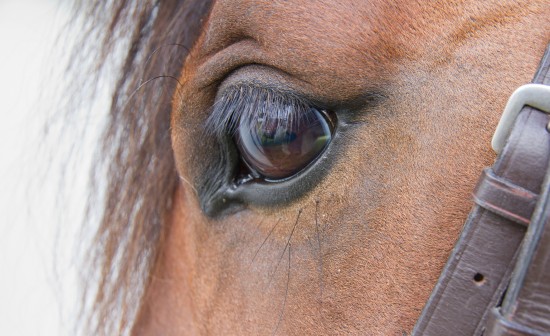
With the warm weather comes all sort of allergies as well as fly problems. Recognising when a horse has an eye infection early enough can save them having to endure a lot of pain and discomfort. There are several eye issues that if left unattended can build up to much more serious infections, and two of these are very painful conditions, namely conjunctivitis and sinusitis.
Horses just like people can develop problems with their sinuses. A runny nose can be more than just a question of spring or summer snuffles and if diagnosed early enough can save your horse from suffering a lot of discomfort and pain. Recognising there is a sinus issue can make a massive difference in your horse's behaviour and overall health too.
Inflammation of the sinuses is a very uncomfortable problem for any horse to have to endure and as such it can severely affect their performance. Below are a few signs to look out for and then how the condition can be treated.
If caught early enough, sinusitis can be treated very effectively with a course of antibiotics and monolithic drugs. Horses with the condition should be turned out to pasture as often as possible as this certainly helps speed up the healing process. The reason being that grazing head down, helps to drain the affected sinuses.
When horses do not respond to any veterinary medication, they usually have to undergo a surgical procedure which makes holes in the sinuses – this is a technique that's called “trephining”.
Continuous lavage of the sinus with a medicated solution over several days is another effective way of treating the condition. This needs to be done until any infection has cleared up. Large volumes of fluid are flushed in and out of the affected sinus resulting in any bacteria and debris being diluted and flushed out. Should the cause of the sinus infection be a bad tooth, then a specialist veterinary dentist would need to remove the tooth.
The only real way to prevent the condition from developing is to have a vet regularly examine your horse, and this includes checking to see if there are any dental impactions, infections or tooth disease in your horse's teeth sockets. Your horse should have six monthly dental check-ups to make sure there isn't a problem in their mouths which could lead to sinusitis.
It is really important to care for your horse's eyes especially during the warmer weather when there are lots of flies about. If one horse has an eye infection, the chances are another horse may contract the same condition. This is due to bacteria being spread by flies. One such condition is conjunctivitis and it's a pretty contagious eye problem. Of course, horse's eyes are real magnets for flies, but irritation may also be caused by pollen in the air as well as any other allergens – all of which can be the root cause for conjunctivitis, a painful condition where the conjunctival membrane around the eyeball becomes inflamed and swollen.
Typical signs of the condition are watery eyes with lots of discharge that will turn to pus if left untreated. Horses tend to keep their eyes closed when they suffer from conjunctivitis, one reason being light really does make the condition more painful for them. If you notice any sign there may be problem, no matter how mild it is, you need to discuss it with your vet. The reason being not only do you want to get on top of the situation as quickly as you can, but also because early symptoms could be a sign of a condition known as a “melting” ulcer. This is an extremely serious condition in horses that needs veterinary attention as soon as possible.
Avoid using any eye ointments that contain steroids as these can cause more harm if an ulcer is present, and will slow or even completely prevent the healing process. One very good choice is a sterile saline solution, Optrex is ideal but once opened, the bottle needs to be discarded. Never use any old eye ointments or opened bottles of eye solutions because they may well be contaminated, therefore not safe to reuse.
Make sure your horse is kept in a dust free environment and out of direct bright sunlight. It's a good idea to invest in a very good quality fly mask which could help reduce the chance of irritation in the first place. If you find the condition does not get any better over the course of three days, then you should consult your vet again to see what they propose in the way of treatment.
If you find your horse has an injury to their eye, it's crucial to seek veterinary advice immediately. However, you should never try to pull any foreign body out of the eye because you could cause more harm and even irreversible damage to your horse's eye. If the skin is torn around the eye or lid, this will need the correct veterinary attention straight away. More often than not this type of injury would need to be treated under general anaesthetic.
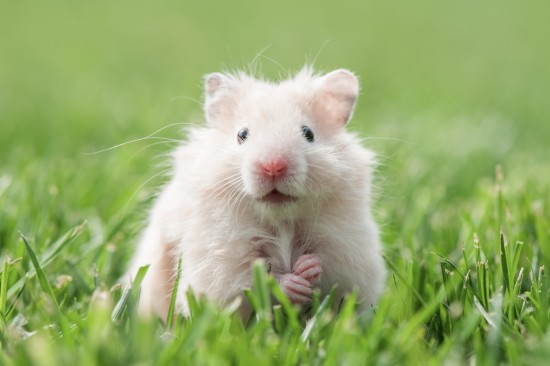 Recognising Cancers And Tumours In Hamsters
Recognising Cance
Recognising Cancers And Tumours In Hamsters
Recognising Cance
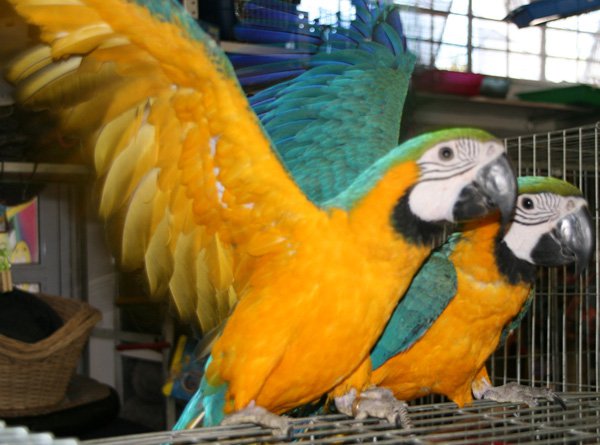 The Different Benefit of Portable Chicken Coops for your Feathered Pet
The Different Benefit of Portable Chicken Coops for your F
The Different Benefit of Portable Chicken Coops for your Feathered Pet
The Different Benefit of Portable Chicken Coops for your F
 Dog walking and dog boarding services in Toronto
Dog walking and dog boarding services in Toronto
Dog walking and dog boarding services in Toronto
Dog walking and dog boarding services in Toronto
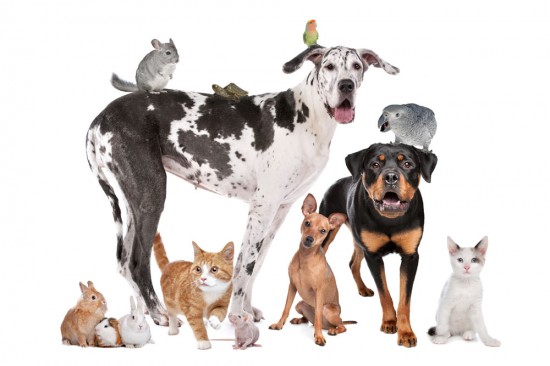 Picking The Right Pet For You - How Much Care Do Different Animals Need?
Picking The Right
Picking The Right Pet For You - How Much Care Do Different Animals Need?
Picking The Right
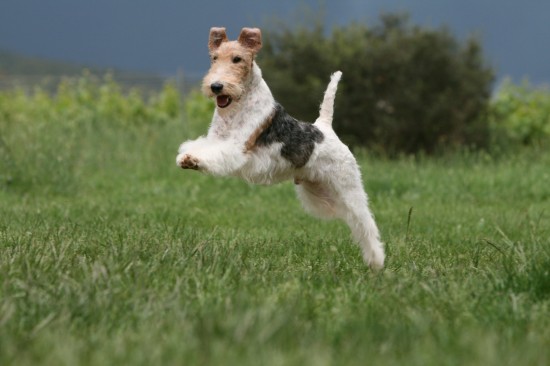 Some Popular Wirehaired Dog Breeds
Some Popular Wire
Some Popular Wirehaired Dog Breeds
Some Popular Wire
Copyright © 2005-2016 Pet Information All Rights Reserved
Contact us: www162date@outlook.com